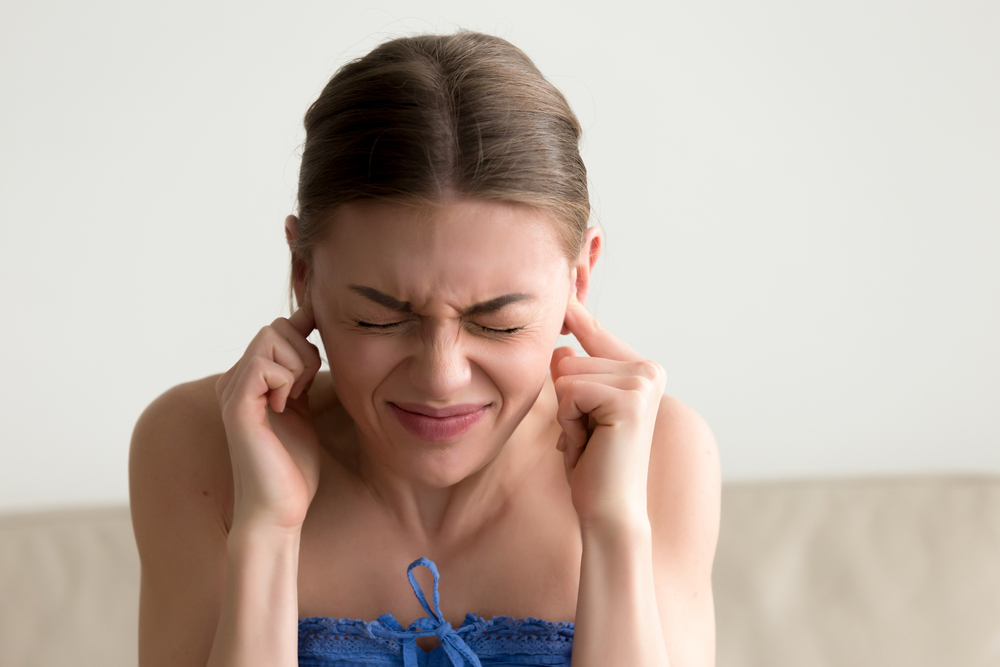Tinnitus is an ear problem wherein the patient will hear ringing, buzzing or whistling sounds in the ears. This is not a severe condition and is not considered as a medical condition by itself. Instead, this is just a symptom of the underlying health condition of the ears. The underlying conditions may include ear damage, circulatory system disorders, and age-related hearing loss.
Tinnitus comes in two types: Subjective and Objective. Subjective tinnitus is the most common type of tinnitus, while objective Tinnitus is a rare type. Millions of people suffer from this ear problem. For some, it is just an annoying sound in the ears, but if left untreated, a person may have difficulty sleeping and concentrating. Thus, it might affect one’s function in responsibilities and relationships as well.
Commonly, tinnitus may be caused by the following:
- Damage and loss of small sensory hair cells in the cochlea
- Intake of drugs such as aspirin, ibuprofen, antibiotics and diuretics
- Head and neck injury
- Traumatic head injury
- Cardiovascular diseases
- Diabetes
- Eustachian tube problems
- Foreign objects/earwax that touches the eardrums
- Stiffening of the middle ear bones


